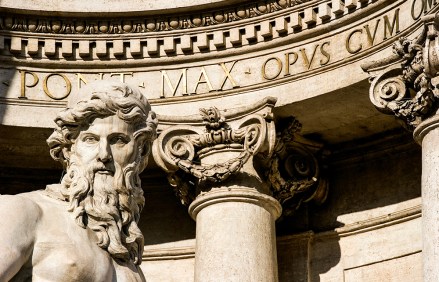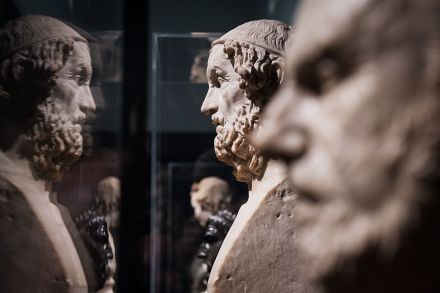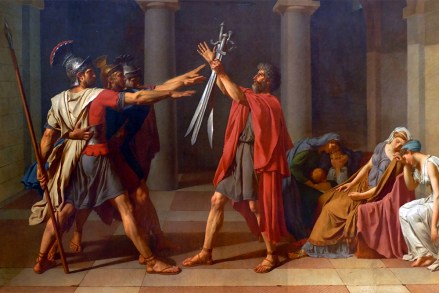Ethics Man and Woman should win the game of politics
Next year there will be an election, and all the talk is of strategies for winning power. But for the elite Romans who thought about politics, the debate was not so much about power as about the ethics of those seeking it: did they possess virtus, i.e. moral excellence? And did they practise it? That





















